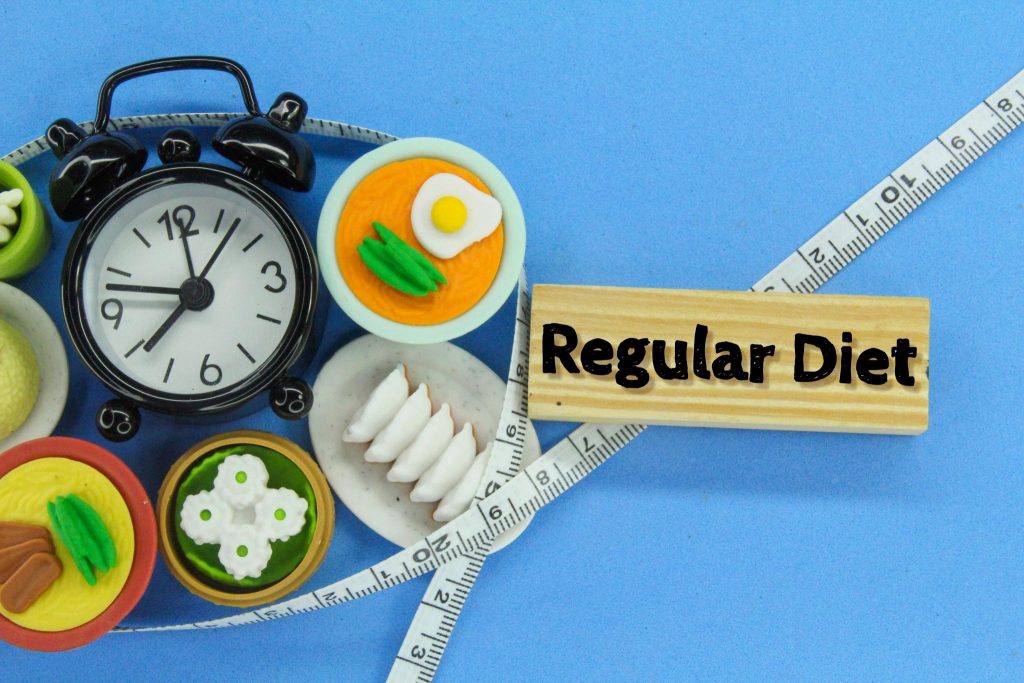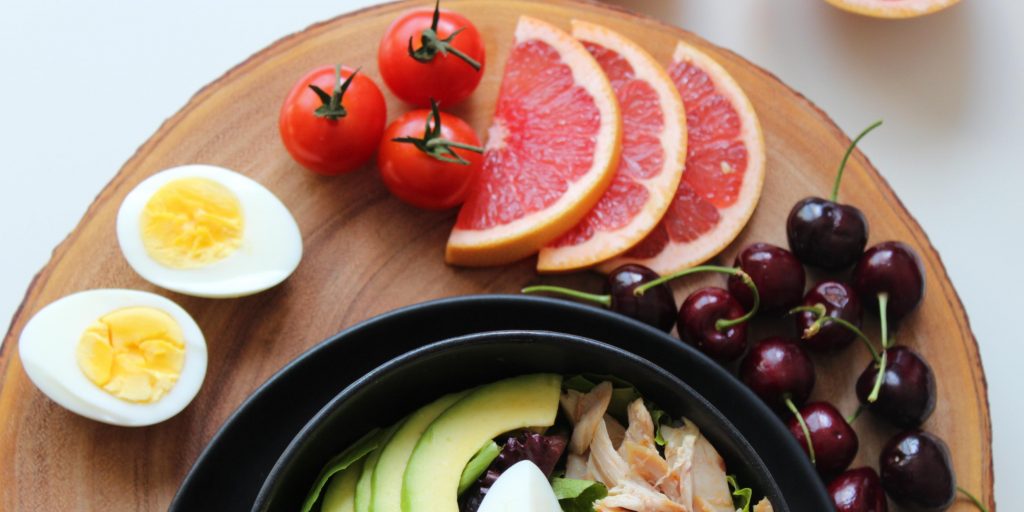Weight loss is a journey that requires dedication, discipline, and the right strategies. This guide provides a compilation of research-backed tips and techniques that can help you achieve your weight loss goals in a healthy and sustainable manner.
-
Adopting a Mindful Eating Approach

1.1 Savour Your Food
In the rush of daily life, we often overlook the pleasure of eating. Instead of mindlessly consuming your meals, take the time to savor each bite. Chew your food slowly and fully before swallowing, and repeat this process until you’ve finished eating. This practice not only enhances you’re eating experience but also promotes satiety, helping you to avoid overeating.
1.2 Enjoy What You Eat
Developing a healthier relationship with food doesn’t mean you have to give up enjoying your meals. On the contrary, finding pleasure in eating a variety of nutritious foods is key to establishing long-term healthy habits.
-
The Importance of Social Support in Weight Loss

Having strong social support is crucial in your weight loss journey. This could come from family and friends, a coach, or even an online community. Participating in an online support group can help increase motivation and adherence to weight loss behaviors.
-
The Role of Mindset in Weight Loss

Your attitude towards weight loss plays a significant role in your success. A positive mindset, where setbacks are seen as temporary pauses rather than failures, can make a significant difference. It’s also important to identify your underlying motivation for wanting to lose weight. A desire for better health, for instance, can be a powerful driver.
-
Dietary Modifications for Weight Loss

4.1 Prioritise Protein
Incorporating adequate protein into your meals, particularly at breakfast, can help regulate hunger hormones and suppress appetite. Pair protein-rich foods with fibre and healthy fats for a balanced meal.
4.2 Opt for Whole, Minimally Processed Foods
Processed foods often contain high amounts of added sugars, fats, and salt. On the other hand, whole, minimally processed foods tend to be more nutrient-dense and satisfying, helping to regulate calorie intake.
4.3 Limit High-Glycemic Carbohydrate Foods
High-glycemic carbohydrate foods, such as white potatoes and refined bread, can cause rapid spikes and drops in blood sugar, leading to increased hunger and food intake. A dietitian can provide individualized guidance on balancing nutrients to prevent blood sugar spikes.
-
The Power of Planning in Weight Loss

5.1 Meal Planning
Planning your meals in advance can save time, reduce food waste, and prevent impulsive eating. Having a clear menu plan can also ensure a balanced diet and help you stick to your weight loss goals.
5.2 Grocery Shopping with a List
Once you have your meal plan, create a shopping list to avoid impulsive purchases. Stick to your list and try to avoid shopping when you’re hungry.
5.3 Stock Up on Ingredients
Keeping a variety oHealthy f healthy ingredients in your pantry, fridge, and freezer can make meal preparation easier and more enjoyable. This can include low-sodium canned beans, canned fish, whole-grain pasta, quinoa, brown rice, fresh and frozen fruits and vegetables, and olive oil.
-
Physical Activity for Weight Loss

6.1 Incorporate Strength Training
Strength training can increase muscle mass, which in turn can help your body burn calories more efficiently. Aim for two to three strength training sessions per week.
6.2 Aim for More Daily Steps
If you lead a largely sedentary lifestyle, start by getting a step counter and gradually increase your daily steps. Aim for a goal of 10,000 steps per day.
-
Ensuring Adequate Sleep

Sleep deprivation can increase your hunger hormone, ghrelin, and decrease your satisfaction hormone, leptin, potentially leading to weight gain. Aim for consistent, quality sleep to support overall health and weight management.
-
The Role of Hydration in Weight Loss

Staying hydrated can help manage hunger and enhance feelings of fullness. Research shows that drinking water before meals can aid weight loss.
-
The Importance of Regular Meals

Skipping meals can lead to increased hunger and cravings, potentially leading to overeating. Aim to eat regular meals approximately every four hours.
-
The Art of Snacking

Choose nutrient-dense snacks that can help fill nutritional gaps and keep you satisfied between meals. Consider snacks as mini-meals that can contribute to your overall nutrient intake.
-
Reading Food Labels

Reading food labels can give you a clear picture of what you’re consuming. This can help you make healthier choices and avoid foods high in sodium, sugar, and saturated fat.
-
The Impact of Meal Timings

Consuming the majority of your calories earlier in the day and having smaller meals in the evening can aid weight loss. It’s important to note that everyone’s needs are different, so it’s essential to consult a registered dietitian nutritionist for personalised advice.



